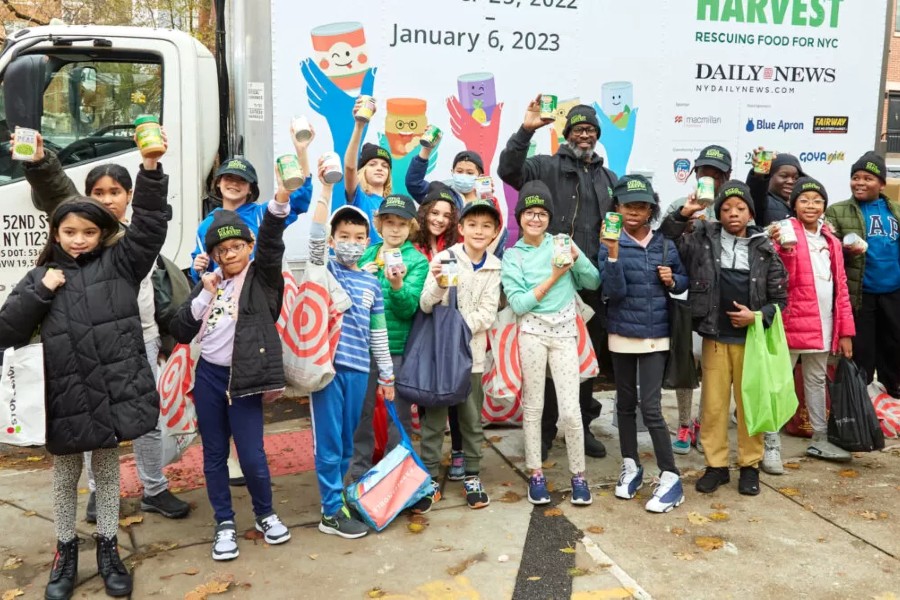 Are you struggling with keeping your food fresh for longer? If your answer is yes, we’ve got you covered.
Are you struggling with keeping your food fresh for longer? If your answer is yes, we’ve got you covered.
Almost every person has gone through the phase of throwing a lot of fruits and vegetables on a weekly basis before getting the chance to eat them, and there’s no doubt that it’s stressing us all out. Minimizing your food waste and eating all of it before it goes bad may seem like a hard task. All it takes is just knowing how to store, wrap, and freeze your food. If you’re unable to maintain a healthy diet because you’re constantly throwing away all the vegetables, or you’re looking for ways to store your food properly, you’re in the right place. Here’s a full guide on how to keep your food fresh.
Buy Fresh
Many people believe that just because they get their fruits and veggies on a weekly basis, they can get them in any condition. This could be one of the main reasons why they throw out a lot of food by the end of the week. All fruits and veggies should be rich in color and not have yellow spots; especially when it comes to leafy greens and herbs. For fruits, it’s sometimes recommended to get them a bit unripe to ensure that they will ripen by the time you decide to eat them.
Invest in High-Quality Freezers
You might be storing meat and other food that won’t survive outside or in the fridge in that small freezer, but it doesn’t really have a lot of space for everything you need to store, so you end up throwing a lot of food. If this sounds familiar to you, then you should start considering a stand-alone freezer. When you get separate fridges and freezers, you’re allowing yourself to buy food in bulk without worrying too much about having to throw anything away. You can store almost all types of food, veggies, and fruits in the freezer, which allows you to maintain a healthy diet without having to go grocery shopping every other day. Your food will stay fresh for up to 3 months, and you will have the ability to eat whatever you want whenever you want. Commercial freezers are key players in most food service operations, keeping ingredients preserved so you always have plenty of food available.
Wrapping Is The Key
Putting food in the refrigerator without wrapping it could be the reason why it goes bad so fast. There are some foods, fruits, and veggies that must be wrapped in order to stay fresh. Some may need plastic wrap, others may need foil or paper wrap. For your leafy greens, it may only seem right to wash them before placing them in the fridge; however, too much moisture will cause them to rot much faster. You can either wash small amounts as needed, or you can wash them all at once, place your leafy greens in a paper towel to absorb the water, then put them in an airtight container. You should also remove any yellowish leaves before storing them to keep them fresh all week long.
For your herbs, you can wrap them in newspaper before placing them in the fridge. This will help absorb excess moisture and shield them from the cold temperature and freezer burns. You can also put your herbs in a glass of water, outside the fridge, and cover them with a plastic bag.
If you want to keep your broccoli and celery fresh for up to four weeks, wrapping them in tin foil is the only option.
What Shouldn’t be Refrigerated
Not all food can be stored in fridges. Some vegetables ripen faster in fridges, even if they’re still green. Tomatoes are a good example. Green tomatoes should be placed in a paper bag while keeping all the stems facing down, when they start changing color, you can place them in the fridge. On the other hand, ripe tomatoes should be kept at room temperature, unless they’re overripe and you want to keep them for another day or two.

Keeping your food fresh may feel like a lot of work but once you get the hang of it, it will all be easy, simple, and worth the effort. When you’re out grocery shopping, always check the expiration date for all foods. If you plan to eat a certain meal within the next couple of days, it’s fine to buy food that’s a day or two away from the expiration date. Keep in mind that the expiration dates and best-before dates are different. You can still eat food after their best-before date as it’s only just a recommendation and if you feel that it’s still fresh, then it’s edible.
Become a Harlem Insider!
By submitting this form, you are consenting to receive marketing emails from: Harlem World Magazine, 2521 1/2 west 42nd street, Los Angeles, CA, 90008, https://www.harlemworldmagazine.com. You can revoke your consent to receive emails at any time by using the SafeUnsubscribe® link, found at the bottom of every email. Emails are serviced by Constant Contact








